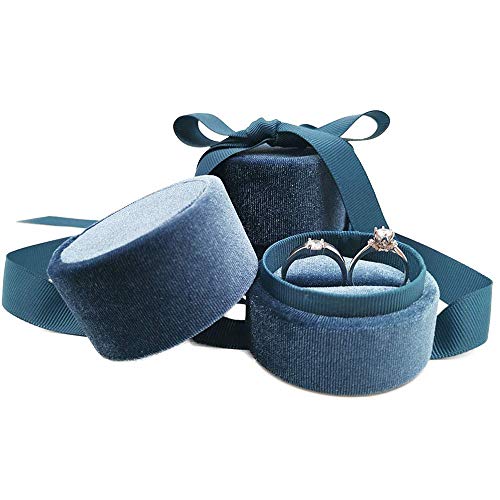

The popular holiday song "Rudolph the Red-Nosed Reindeer", in its Finnish translation, Petteri Punakuono, has led to Rudolph's general acceptance in Finland as Joulupukki's lead reindeer. He usually wears warm red robes (but with a broad band of blue near the fur), uses a walking stick, and travels in a sleigh pulled by a number of reindeer, which cannot fly like Santa Claus' fleet. In Lapland, his mount is a pulkka rather than a sleigh. Historically, such a person was an older man, and the tradition refers to him as a nuuttipukki . The Joulupukki may also be a man turned into a goat-man on Christmas Eve, as seen in Elsa Beskow's Peter and Lotta's Christmas. There persists today in some parts of Finland the custom of persons dressing in goat costume to perform in return for leftover food after Christmas. The Joulupukki is originally a pagan tradition. Whenever she sees a child on her way, she eagerly peers into his face and says, “You are my Child Christ!” She always has a little gift for every child she meets.Įven today, every Christmas, children in Russia eagerly wait for Old Baboushka to come their way with a gift.Sounds like he is basically just the same as Santa claus at this point, except his reindeer don't fly. They say Old Baboushka is still wandering through the world in search of Christ the Child. And they said, “Further on, further on!” But though she followed the wave of their hands, she never did reach Bethlehem. Then she left her house in search of Christ the Child.īut she did not know the way to Bethlehem. She filled a basket with little gifts for the baby. Next morning, she put aside her mop and duster, her pots and pails. Maybe she should have gone with them!Then Baboushka decided to set out for Bethlehem. She heard their voices saying again and again, “Come, join us!” She dreamt that Christ the baby was calling her. I have work to do.”īut that night, Baboushka could not sleep. There was the snow to be swept, and the tiles to be fixed when the wind stopped. As they turned the corner, they again called her: “Come, join us, Baboushka!” Baboushka looked around. There were the tea things to put away, the table to be cleared, the oven to be cleaned, and the fireplace to be straightened. chapter there is a summary of how the holiday is enjoyed in that country. Once again we ask you, come, join us!”īaboushka looked around. In many parts of Russia, the gift giver, Babushka, is very similar to Befana. She looked at the dark snow-covered road and houses. “We are going to Bethlehem to honour Christ the Baby, who has just been born. “We are kings from the East,” they said to her. The origin of Ded Moroz, sometimes known as Grandfather Frost or Father. They were three men, dressed in rich robes. Like the western gift-bearer, the Slavic Santa went through many transformations. Who could it be at this time of a cold, snowy night? Pulling her shawl and scarf tightly around her, Baboushka went to open the door. A cheerful fire warmed her big living room where she sat saying her prayers. Every one stayed indoors, and huddled around their warm fireplaces. A cold wind whistled and blew hard, and sheets of snow blurred everything in sight. One winter night, it snowed hard in the village. She worked so hard that she did not have time to even look out of her window. A Hopi Kachina doll, the gift bearer, knockout on a white background Stock Photo. All day long, she dusted and swept and scrubbed her house. Russian Matrioshka Vodka in Matryoshka doll bottle, Saint Petersburg. Old Baboushka lived in a very big house in a small town in Russia.


 0 kommentar(er)
0 kommentar(er)
